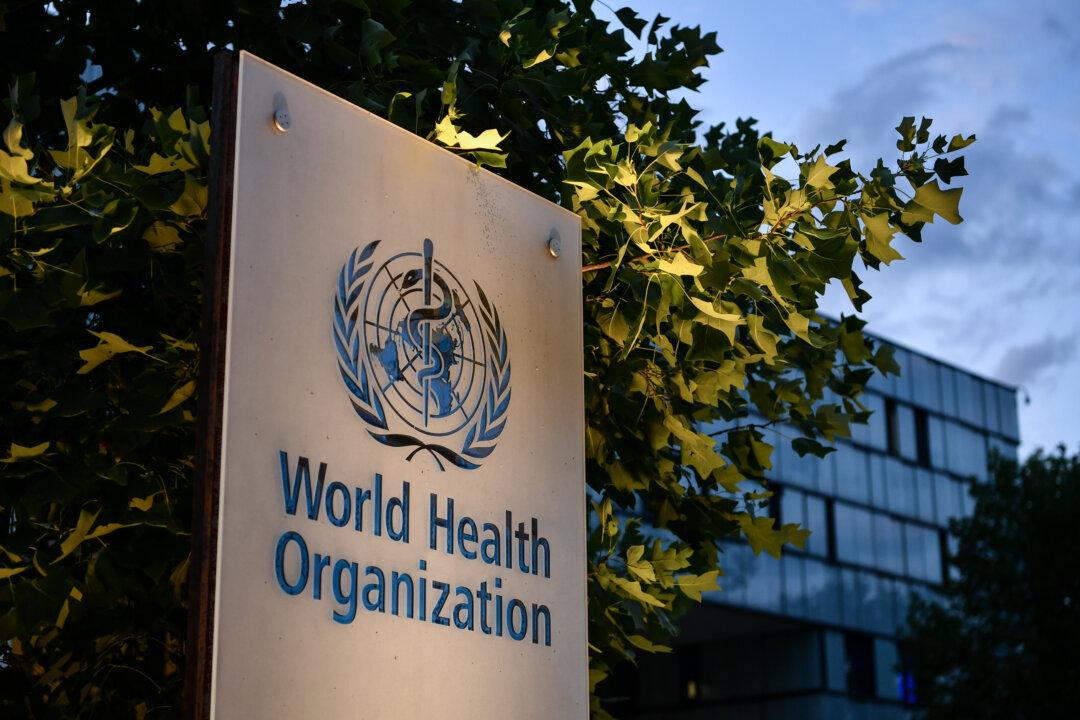The World Health Organization (WHO) on Oct. 2 recommended a new malaria vaccine named the R21/Matrix-M in a bid to increase supply amid the “unprecedented” demand for malaria vaccines.
The R21/Matrix-M, developed by Britain’s University of Oxford, is the second malaria vaccine recommended by WHO following the RTS,S/AS01 vaccine (also known as Mosquirix), which the agency endorsed in 2021.





